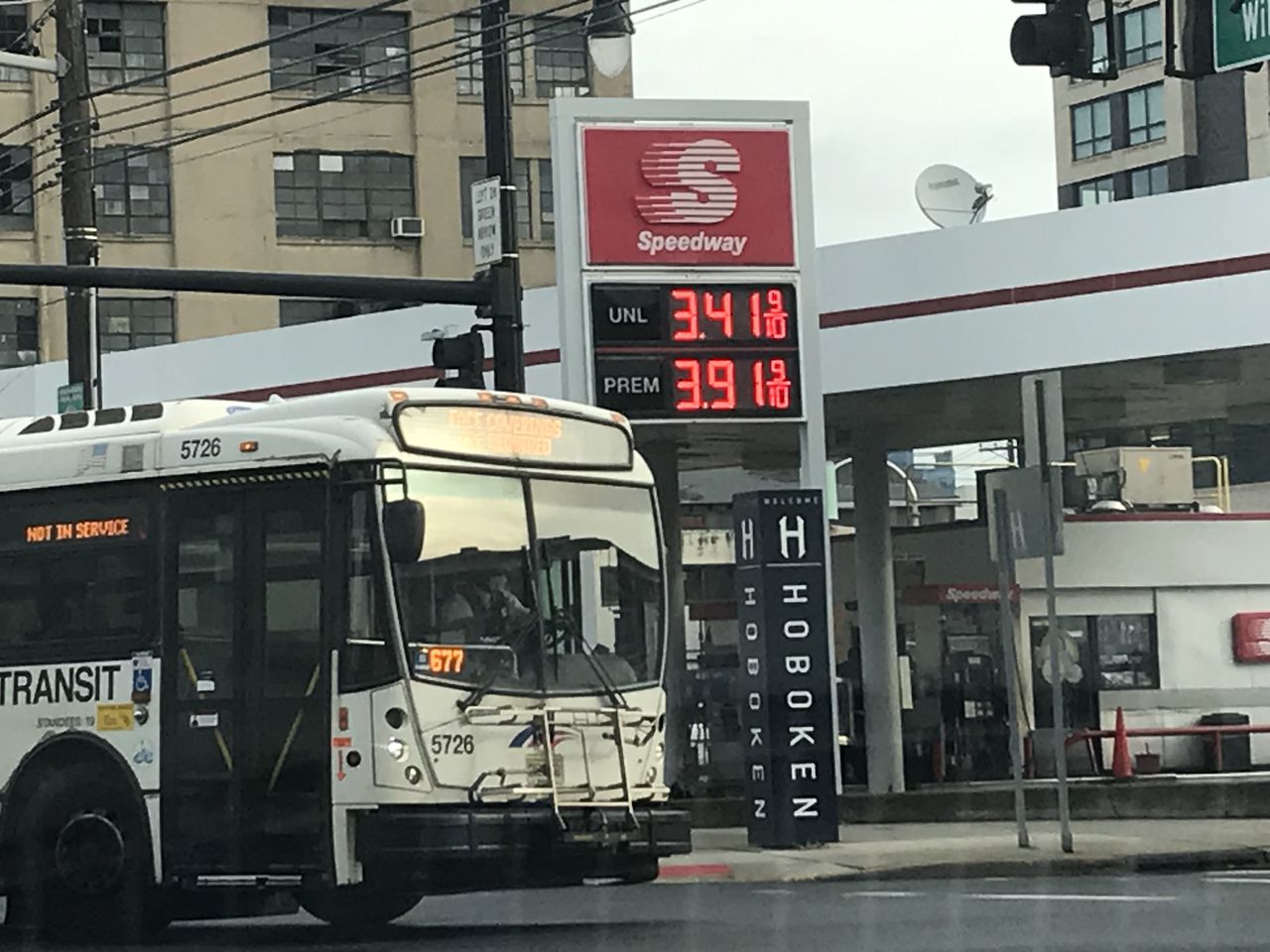Where are gas prices going now that President Joe Biden released 50 million barrels of crude oil from the strategic reserve?
They’re going down.
But wait.
Will they drop low enough to ease the pain at the pump for drivers?
“You’ll see prices drift a little lower in response to today’s announcement,” said Tom Kloza, Oil Price Information Service global petroleum analyst. “You’re not going to run out and get a boat. It’s not enough.”
Similar announcements were made by China, the United Kingdom and Japan to release oil from their strategic reserves to lower oil prices. Crude oil is the raw petroleum product from which gasoline is refined.
Bids are scheduled for Dec. 6 with sale of the first 18 million barrels of crude oil scheduled to be announced Dec. 17, according to the U.S. Department of Energy.
The news comes as AAA forecasts 90% of the people planning to travel this Thanksgiving holiday will do so by automobile.
“It’s an effort, a well-meaning effort to fight back against the cartels …(oil) consuming countries get together and occasionally deal with run-away prices,” Kloza said. “Oil is a life blood for a lot of people.”
How much could this lop off the price at the pump?
“It’s nominal, we’re talking three to 20 cents per gallon,” he said. “You’ll see more differentiation at the BJ’s, Costco’s, Sam’s Club, Raceway, and Delta – they’ll feature lower numbers than the name brands.”
The average price of a gallon of regular was $3.43 in New Jersey, according to GasBuddy.com, down a penny from $3.44 on Monday. Prices among the discount gas retailers ranged between $3.05 and $3.19 a gallon on Tuesday.
After a massive run up this fall, crude oil prices peaked on Nov. 9 at $84.15 a barrel. By Monday prices dropped to $76.10 a barrel, according to the NASDAQ.
What can drivers expect for the near future?
“Prices typically go down in December and January, because the demand is so much lower. I think they’ll do that,” Kloza said.
Traffic volume increased in New Jersey from 6.17 million vehicle miles traveled in August to 6.65 million in September, the latest data the Federal Highway Administration has. Overall traffic volume dropped across the nation from 273.8 million vehicle miles traveled in August to 266.7 million vehicle miles in September, FHA data said.
The wild card is still the coronavirus and the OPEC group of oil producing companies.
“A couple of weeks ago gas prices got hammered (globally), it was due to shutdowns in Austria and Germany,” Kloza said.
Going into 2022, Kloza said oil and gas supplies and prices should stabilize.
“Most of the people who follow oil believe supply will be more balanced as we move out in to 2022 with demand and OPEC will become less disciplined and put more oil on the market and the shale oil companies will be less disciplined and move more,” he said.
A potential bottleneck is the loss of refineries to process oil in to gasoline.
“We lost quite a bit of refining,” Kloza said. “(Hurricane) Ida knocked out a big one that’s not coming back and Shell closed one that isn’t coming back.”
Our journalism needs your support. Please subscribe today to NJ.com.
Larry Higgs may be reached at lhiggs@njadvancemedia.com.
